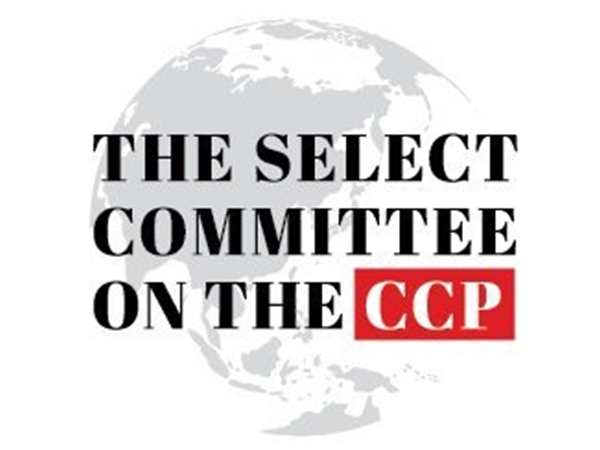After a 9-year gap, India-EU trade negotiations to see new dawn
Oct 21, 2022

Singapore, October 22 : As India-EU marks 60 years of bilateral relations the new free trade agreement negotiations can deliver what proved to be impossible 9 years ago, said media reports quoting Kathleen Van Brempt, a Member of the European Parliament.
The FTA negotiations between India and the EU kicked off in 2007 but in 2013 they were put on hold. However, MEP Brempt in an article on Europe Asia Foundation said that the current negotiations between India and the EU will bear fruit.
India and the EU have been strategic partners since 2005. The COVID pandemic has posed great challenges. It led to further expansion and diversification of supply chains. The global world order is also witnessing a change due to the war in Eastern Europe.
The world is witnessing an energy crisis and a food crisis. Climate change is gaining centre stage. Due to all these issues, the bolstering ties between the EU and India becomes more crucial and significant.
An Investment Protection Agreement and a Geographical indications agreement between India and the EU started in June 2022. It is an indicator of renewed political vigour from both sides to strengthen political and economic relations. Brempt says that these moves from both ends must be welcomed, reported Europe Asia Foundation.
There are many reasons why EU should be advancing its ties with India. India is the world's largest democracy and an important like-minded partner. It is centrally located in the strategically important Indo-Pacific region, close to both Russia and China. India's geopolitical relevance can hardly be overestimated, Brempt writes in the article.
India is also the fastest-growing emerging economy. There is a huge and dynamic market. India's annual projected GDP growth rate is over 8 per cent, according to the IMF. In terms of trade, India is EUs 10th largest trading partner. Similarly, the EU is India's third largest trading partner.
Nearly 6,000 European companies are present in India. These companies provide 1.7 million jobs directly and 5 million jobs indirectly in a broad range of sectors.
However, MEP Brempt writes that there is still a lot of untapped potential by India into the value chains of European companies. On market access, there are divergent expectations on both sides.
Currently, India imposes 60 to 100 per cent tariffs on important export products for the EU, like wine and cars. In order to gain greater market access, the EU will push for lower tariffs. For India, closer trade relations with the EU are part of its ambition to become a global manufacturing hub and a regional leader.



















